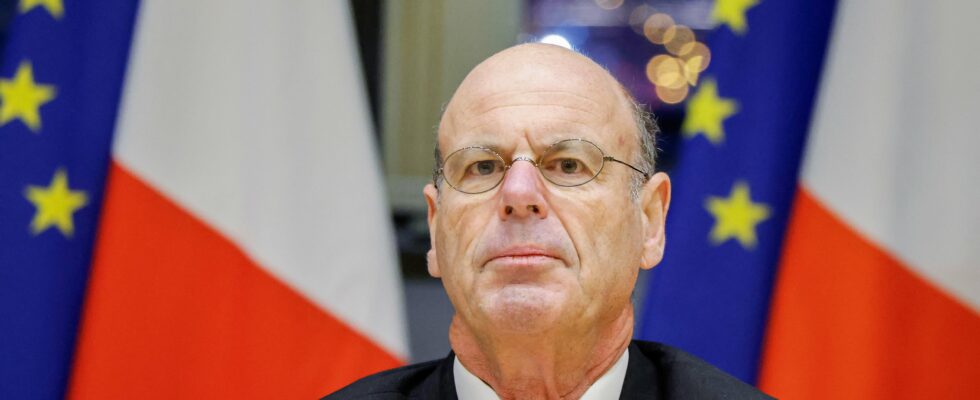With rare exceptions, our political class is sick. Sick of not understanding the basic workings of an economy. This pathology is particularly widespread in the ranks of the left and in those of the RN, but it is transmissible well beyond. It unfortunately extends to a large part of university economists, who are very comfortable when it comes to modeling the effects of a change in monetary policy, but completely lost when it comes to the functioning of businesses. Hence this idea which sticks to the public debate like an old sticking plaster and consists of wanting to increase flat tax – the single flat-rate levy, or PFU –, this 30% tax which hits financial income. A little pedagogy is necessary.
Our new Minister of the Economy, Eric Lombard, who knows these subjects perfectly but is already caught up in political correctness, explained in substance a few days ago that increasing the flat tax of a few points would not be problematic since many countries around us tax capital income at rates between 30% and 35%. Moving to 32% or 33% would therefore be painless, in the sense that this increase would not unduly degrade our relative tax competitiveness.
Our tax competitiveness is poor
This analysis is radically wrong. Consider the taxation of dividends. There flat tax is one of the taxes that hits them, but it is not the only one. Indeed, dividends, which are – it is distressing to have to point out such evidence – a part of company profits, are taxed at source by the income tax. In France, dividends are therefore taxed for the first time at 25%, then at 30% for those who opt for the PFU, that is to say finally at 47.5%. To this must be added the exceptional contribution on high incomes, which can go up to 4% of income above 1 million euros, and the tax surcharge on large businesses, provided for in the Barnier budget for 2025 and, in all likelihood, taken up by the Bayrou budget. To summarize, the minimum taxation of dividends in France is 47.5% and it can easily exceed 50%. Our country is one of those in the world that taxes capital the most. Our tax competitiveness is therefore poor, even before having touched the flat tax.
That being said, and beyond questions of tax competition, why pass the flax tax would 30% to 33% or even 35% be inept? First, because it would bring almost nothing to public finances. The economist Xavier Jaravel points out that beyond 30% capital taxation, the tax return drops dramatically or even becomes negative: this is the famous “Laffer effect”, which does exist in reality. Quite simply because dividend payments are drying up, for example for the benefit of share buybacks, which are an alternative to dividends to reward shareholders.
Capital, friend of workers and ecology
Then, because it risks deterring the French from buying shares. However, foreigners, whom the official statistics of the Banque de France call “non-residents”, already hold almost 50% of the capital of CAC 40 companies. This is an absolutely strategic subject for those who care about the independence of the France: dissuasive taxation risks putting our listed companies in foreign hands. Hit French capital, it will transform into foreign capital.
Last but not least, increase the flat tax is nonsense because capital is the fuel of our economy. Without abundant capital, our companies cannot hire, raise wages, or invest in artificial intelligence or decarbonization. Capital is the friend of workers and ecology. The poorest populations on the planet, particularly in sub-Saharan Africa, are poor because, in their countries, capital is almost non-existent. To say that in France is to come across as a provocateur of the worst kind. However, this is an elementary reasoning, much better understood at the bar in my neighborhood than in the corridors of the National Assembly.
.
